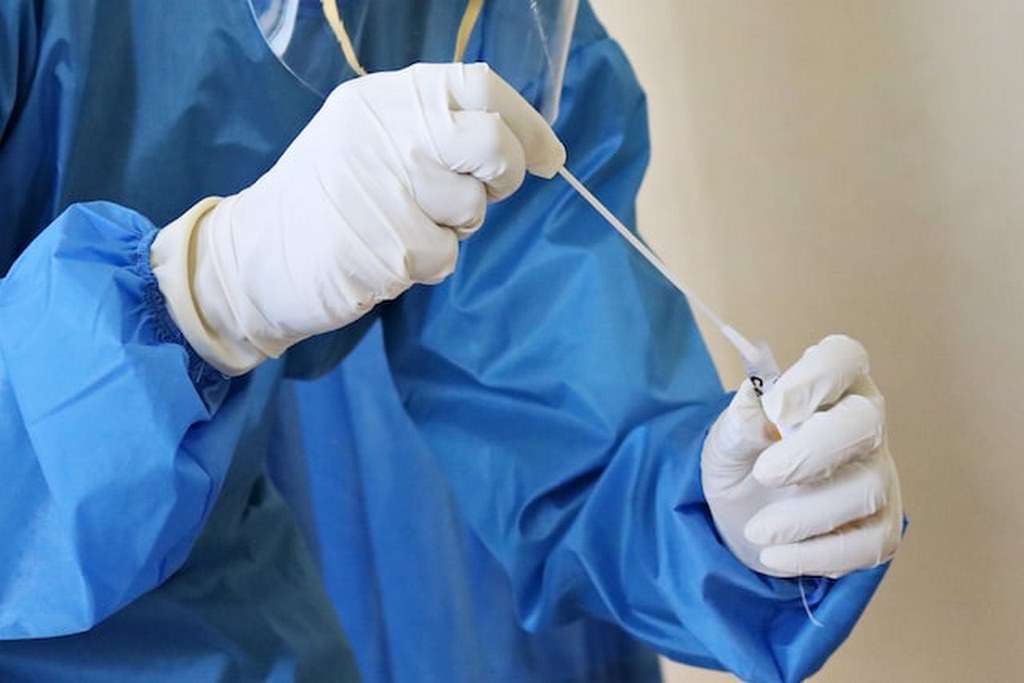Large Study of Older Adults Shows People Over 65 Benefit By Staying Active - Let's Move, People
Inactivity after the age of 65 increases the risk of heart attacks, heart failure, and strokes according to new research from Johns Hopkins.

In Scotland there's a woman who can smell changes in body odor corresponding to the presence or onset of Parkinson's disease.
Keeping with Scotland's decorated history of medical discoveries, this "curse and a benefit" is now being used to develop a fast test for Parkinson's that involves simply scraping a cotton ball over the back of the neck for examination.
More than 40 years ago, Joy Milne noticed an abrupt change in the natural odor of her husband, Les, when he was 33-years-old.
She knew herself to have a supersensitive nose, someone who couldn't go into the cleaning section of a supermarket, but 12 years later, Les was diagnosed with Parkinson's disease in an already progressive state, and it got her thinking it was the cause.
In 2012, Les, a former-doctor, went to find someone who could investigate further the connection between scent and Parkinson's alongside Joy.
That initial inquiry led them to a professor at the University of Edinburgh who formed a team to put Joy's sense of smell to the test.
Believing that Parkinson's caused damage to a kind of skin oil known as sebum, they let Joy smell the t-shirts of those who had been diagnosed with Parkinson's and those who hadn't. While she correctly identified which shirts belonged to the Parkinson's patients, she guessed incorrectly one time-until 8 months later when the patient whose shirt it belonged to received a diagnoses of Parkinson's.
"I think it has to be detected far earlier," Joy told The Guardian, "the same as cancer and diabetes, earlier diagnosis means far more efficient treatment and a better lifestyle for people."
"It has been found that exercise and change of diet can make a phenomenal difference."
The disease which causes progressive decline in parts of the brain related to motor-function, can be detected years before its symptoms become obvious, during which time treatments can greatly improve quality of life outcomes in the future.
Professor Perdita Barran at the University of Manchester has developed this line of inquiry, and in 2019 announced she and her team had identified molecules linked to the disease found in skin swabs, which are now the target of a new potential testing regime.
Sebum analyzed for Parkinson's can show a potential positive result when the molecules of these oils are subject to mass-spectrometry.
"At the moment, there are no cures for Parkinson's but a confirmatory diagnostic would allow them to get the right treatment and get the drugs that will help to alleviate their symptoms," said Barran.
"What we are now doing is seeing if (hospital laboratories) can do what we've done in a research lab," she added.
If it can be done, the test could then refer the patient to a consultant neurologist for a more in depth test.
Give Your Friends A Scent Of This Great News For Medicine…
Be the first to comment